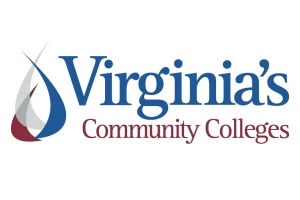
The grants, totaling $450,000, will be awarded to the Virginia Foundation for Community College Education and will fund the new Healthcare Pathways program at Blue Ridge Community College, Central Virginia Community College, Germanna Community College, Piedmont Virginia Community College, Tidewater Community College, and Virginia Western Community College.
The six colleges in the pilot program represent a variety of sizes and communities, with an eye on establishing best practices to be replicated throughout the Virginia Community College System (VCCS).
“We’re very grateful to these donors,” said VFCCE Board Chair, Stewart Roberson. “Thanks to their generosity, students will receive vital support and guidance toward advanced healthcare credentials, boosting their earning potential and helping to prevent critical talent shortages in the healthcare field.”
“This initiative could be especially valuable at a time when more adults need to re-tool their job skills as a result of the economic disruption caused by the COVID-19 pandemic. We hope this effort will help working adults find a path toward careers that are in demand,” said Howard Kern, President & CEO, Sentara Healthcare.
“We’re proud to partner in this program that helps health care workers and health care providers alike,” said Jennifer Zeisler, Career Readiness Senior Director, ECMC Foundation. “Healthcare Pathways embodies our mission to promote college success and career readiness.”
VCCS students in select FastForward healthcare training programs will be eligible for the pilot program. By creating strategic course enrollment guides crafted for their specific career goals, the program will provide structure and support to take the next educational steps efficiently, saving time and tuition costs.
For example, a student completing the Emergency Medical Technician training would be prepared to immediately enter the Advanced EMT program, then go on to enroll in the Emergency Management Services Paramedic degree program, resulting in an Associates of Applied Science and more opportunities in a high-quality healthcare career.










